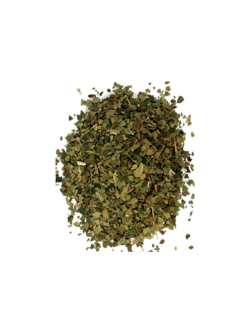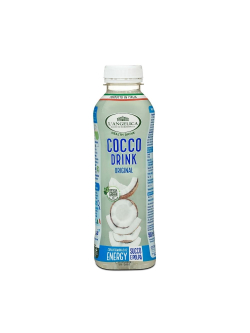FREE SHIPPING FROM 35 €
Nutraceutical
B Complex Vitamins
There are eight B Vitamins, collectively known as the B-Complex Vitamins, and together they represent most of the water-soluble vitamins we consume. B Complex Vitamins perform numerous crucial functions within the body, but each one plays a very different role. It is therefore hard to identify a common mechanism of action among them. One thing they do have in common, however, is Thermolability: with the exception of Vitamins B2, B6 and B12, all B vitamins are sensitive to heat, so much so that cooking food reduces its overall B Vitamin content.
Vitamin B1 is mainly found in whole grains, wheat germ, legumes, liver, molluscs, and mushrooms. Vitamin B2 is found in foods of animal origin such as liver, eggs, milk, and fish, as well as in whole grains and mushrooms. Vitamin B3 or PP is mainly found in foods of animal origin such as liver, poultry, meat, tuna and milk, and also in legumes. Vitamin B5 (pantothenic acid) is found in liver, meat, whole grains, eggs, vegetables, and nuts. Vitamin B6 is found in whole grains, liver, spinach, peas and bananas. Vitamin B8, or Vitamin H (biotin and α-biotin), is mainly found in egg yolks, liver, kidneys, green vegetables, and meat, but is also synthesised by intestinal bacterial flora. Vitamin Bc or folic acid is found in egg yolks, liver, kidneys, green vegetables, asparagus, wheat germ, and legumes. It is an essential element for the synthesis of nucleic acid coenzymes, and for red and white blood cell reproduction. Vitamin B12 is a B complex vitamin found exclusively in foods of animal origin: meat, eggs, fish, shellfish, liver, kidneys, and milk.









